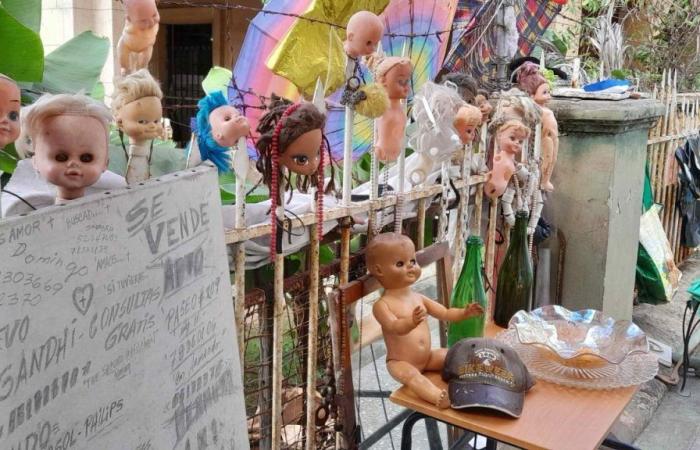The report of the Commission Economic for Latin America and the Caribbean (ECLAC) “Capital flows to Latin America and the Caribbean. The first four months of 2024” shows that Cuba has “pariah status in the international market ratings of capital“, and not precisely because of the US embargo.
This is what the Cuban economist pointed out Pedro Monrealwho based on the information made public by the regional organization stated that Cuba “is the only country (among 26) without a rating because it does not provide information” regarding the situation of its economysomething essential for investors to make key decisions to do business.
“For a country like Cuba, with a deep economic and social crisis, external sanctions, an adrift economic program and an ineffective model of international insertion, “Access to international financing is key, and that is why ‘country risk’ ratings are important.”Monreal noted in a thread on his X profile.
“Of the three main rating agencies—Moody’s, Standard and Poors (S&P) and Fitch—only Moody’s recently issued ratings for Cuba, usually of the ‘Caa’ type, corresponding to substantial risk (a very bad rating),” he noted.
“There is an important difference between a ‘Caa’ downgrade, which is explained in each rating report, and a ‘withdrawal’ of the rating for failure to provide information. The first is a market mishap, the second is political nonsense.”Monreal clarified.
“You have to have very little economic training to assume that it would not have a negative effect on international creditors (current and potential) who “Cuba is the only country without a credit risk rating in the region because it seems to consider that secrecy is better.”
“No official speech, portfolio of investment opportunities in Cuba or verbosity in ‘mixed commissions’ has – even remotely – the negative impact on creditors that a country in debt to the core excludes itself from international risk ratings,” he concluded. your analysis.
The Cuban regime, which blames the economic disaster, which is already a humanitarian crisis, on the US embargo, makes million-dollar cash purchases in that market, while looking for benefactors among its allies. However, despite the bombastic announcements and frequent trips by the Havana leadership to countries with Russia and China, very little has been obtained from them.
However, according to the ECLAC report, The positive trend in Latin American and Caribbean credit quality, which began in 2023 after years of deterioration, “continued in the first four months of 2024. The net positive balance for that period was two more positive credit rating actions than negative ones.”
Of the economies analyzed, six countries improved their scores, including Paraguay, Costa Rica, Jamaica, Argentina, Nicaragua and Uruguay. “Agencies cite economic resilience and the presence of fiscal policies and external buffers as explanations,” the report states.
For example, Argentina upgraded its previous rating following the completion of its recent debt swapwhile Guatemala received an upward revision of its rating outlook in April “thanks to cautious macroeconomic policies.”
Instead, Bolivia, Panama and Peru were downgraded from their previous rating, while Colombia also received a worse rating.after its rating was revised from stable to negative. “The agencies cited risks, including the depletion of external liquidity reserves, fiscal and governance challenges and, in some cases, political uncertainty,” ECLAC notes.
As for Cuba’s neighboring countries, At the end of April 2024, Barbados, Costa Rica, the Dominican Republic, Jamaica and Nicaragua, and Trinidad and Tobago had a positive outlook according to one or more agencies.as well as Paraguay.


